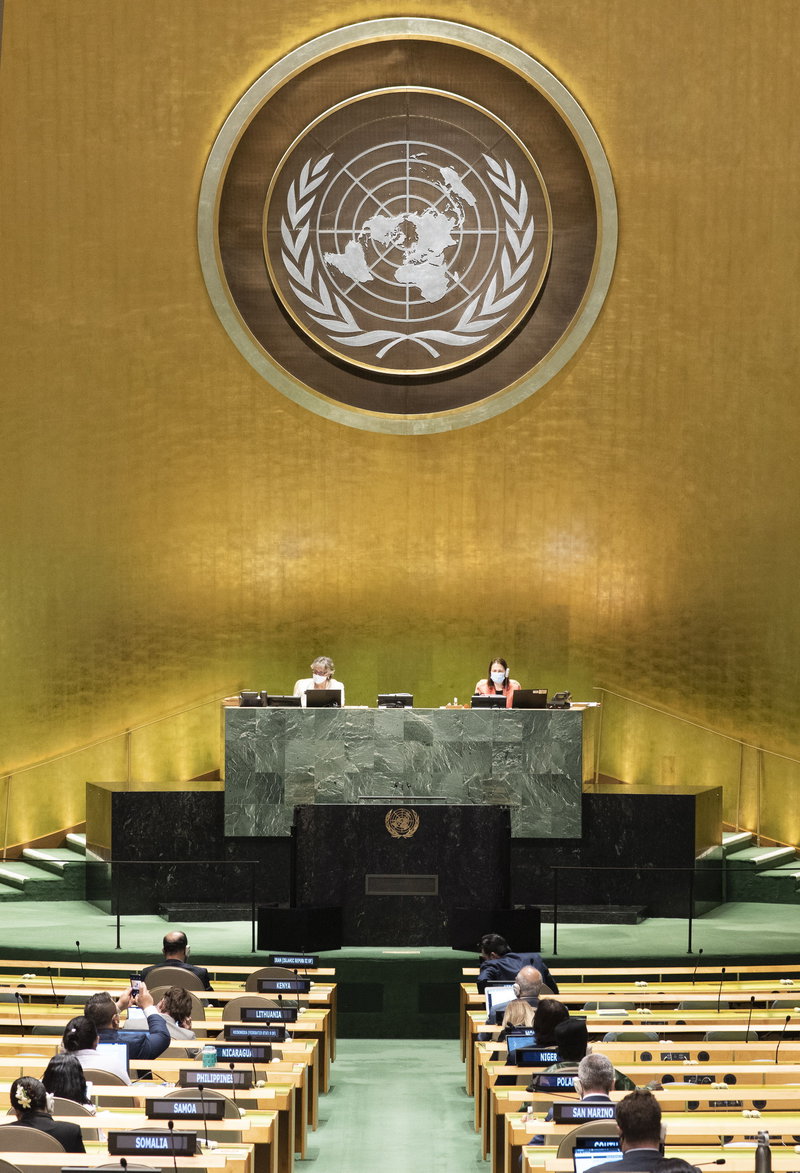Indexes of democracy
The natural way to rule is almost taken for granted, at least in the so-called Western world. Yet a glimpse at the 193 UN members shows a thornier picture, with different forms of dictatorships and autocracies, “benevolent” or cruel, coexisting with new-born democracies. Even if we may not agree that force of nature will turn nations towards democracy, we kind of accept that short of warranting paradise, it encompasses a set of principles that helps attain our maximum realisation as human beings.
Indexes of Democracy offer assessments on the matter, and, among the many available, three stand out in popularity: Freedom in the world, by Freedom International, a think tank based in Washington DC; Democracy index, by the Economist Intelligence Unit from London; and Varieties of Democracies index-V-Dem, by the Swedish University of Gothenburg. Since they have given themselves the “responsibility” of allocating democratic credentials, the trickiness comes with who makes the ratings accountable? And how bulletproof are they against political meddling? Precisely because these ratings have such public notoriety, they would inevitably be targeted by governments aiming to boost their democratic image. So, what mechanisms, if any, do they have to prevent this?
There is at least one way to find this out, i.e. to test the indexes against actual observable facts. As part of a team of economists, this author has been following the extent to which Spanish repression of political activism is being mirrored in the rankings themselves, especially after the Catalan independence referendum of October 2017.
We have focused our analysis on the V-Dem index, arguably the one with the most robust methodology, as a fair representative of the lot. V-Dem, indeed, downgraded Spain’s 2018 ranking from 22 the previous year to 35. This seemed to fit well enough with Madrid’s breach of international democratic standards and basic human rights, as reported by different actors, such as Amnesty International, the UN, or court rulings in Belgium, Germany or the UK. Yet, astoundingly, the 2019 index ranked Spain in a jaw-dropping 9th position, which was only fine-tuned by a more moderate 13th for 2020. Furthermore, the V-Dem “experts” then restated Spain’s ratings for the years 2017 and 2018 to make them look as if the drop in those years had never happened (!). To illustrate this incongruity, in that same period, Poland and Hungary, Europe’s “bêtes noires” – although neither has Spain’s record of political prisoners – were downranked from a highest 50th to a lowest 89th.
To sort this paradox out, we conducted a stimulating e-correspondence with the V-Dem team. Albeit the exchange was friendly and under fair play, the conclusions we drew are nothing but depressing. Put bluntly, those responsible for the V-Dem index do not have a clue why Spain jumped from 35th to 9th position in a context of political repression, nor even why its rating for the years 2017 and 2018 was restated long after the facts. Complex and sophisticated as their methodology is, it has no clear mechanism (other than “trust”) to ensure its experts’ opinions and country coders’ assessments are: 1-unbiased; 2-fact-based and; 3-subject to criteria homogeneous enough to enable time-series analysis or cross-country comparison.
Therefore, at the very best, these ratings represent no more than some glorified guesswork under the cloak of science; at worst, they are exposed to being puppets subject to the interference of governments, and, given the media attention they receive today, it would be rather naive to think otherwise.

